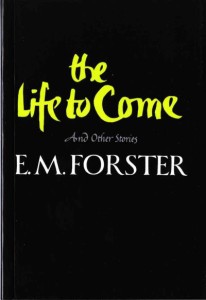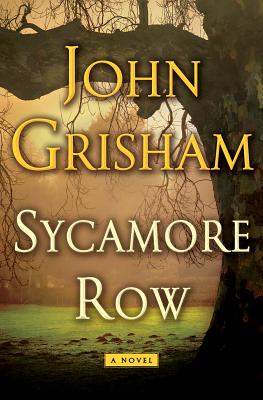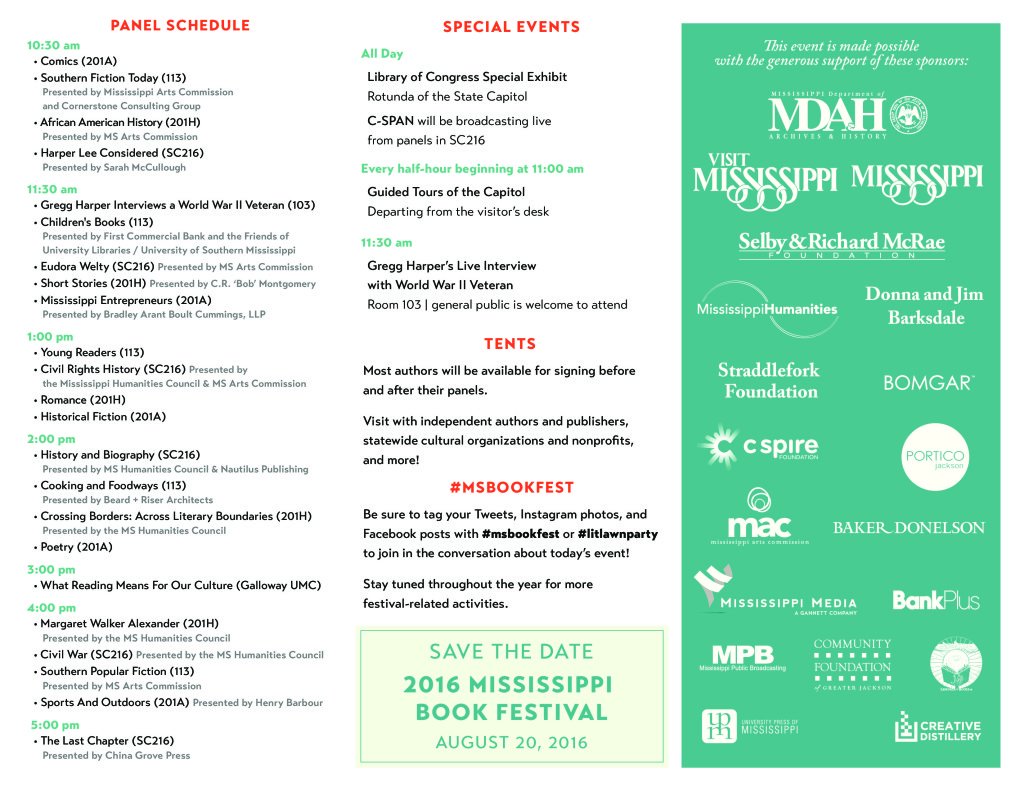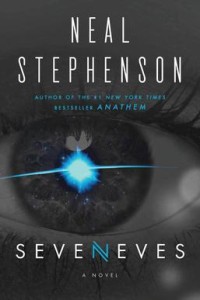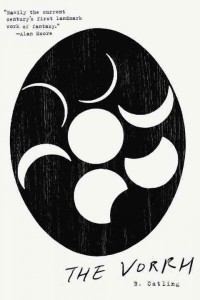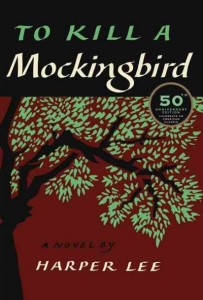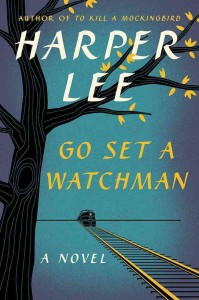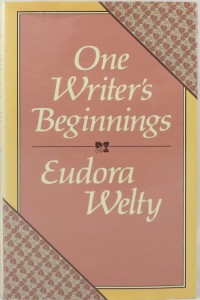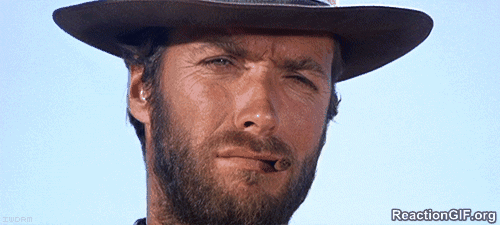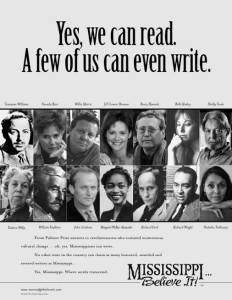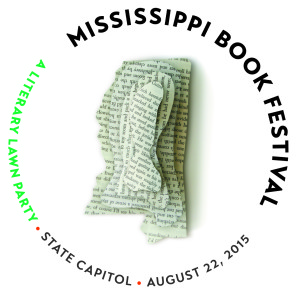By Jim Ewing. Special to The Clarion-Ledger
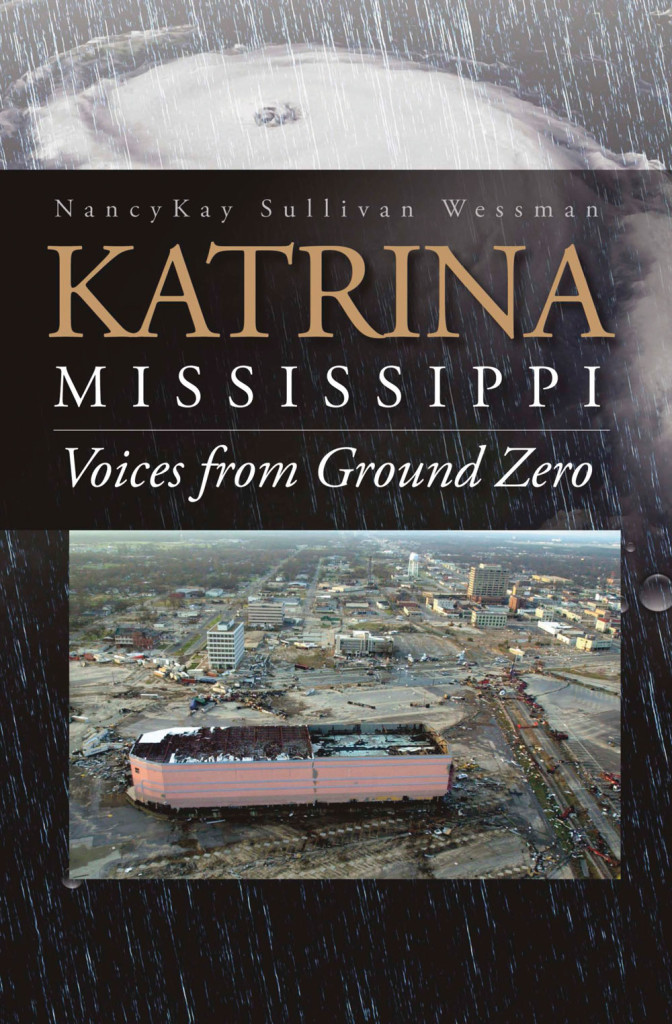 NancyKay Wessman’s Katrina Mississippi: Voices from Ground Zero masterfully chronicles the heroic efforts of first responders in days leading up to Mississippi’s worst hurricane and its devastating aftermath.
NancyKay Wessman’s Katrina Mississippi: Voices from Ground Zero masterfully chronicles the heroic efforts of first responders in days leading up to Mississippi’s worst hurricane and its devastating aftermath.
Written with factual flair, Voices provides a gripping page-turner of the events leading up to the August 29, 2005, storm that builds in tension like the storm that came ashore with surprising and shocking intensity.
Described as a 250-mile wide entity of “pure evil,” the storm claimed 1,836 lives, cost upwards of $115 billion in damages throughout Mississippi, Louisiana and Alabama, she relates, and churned a path of wind and water all the way to the Great Lakes.
But the focus of the book is on those who stepped up to confront the storm, prepare for it, survive it, and struggle to make the region whole afterward. Main players are listed in the beginning as Champions of the Storm. They include the federal, state and local emergency management teams, the local and state leaders, and volunteers. The book describes their fears, hopes and realities as they sought to help the region prepare and recover.
Many of the first responders of the coming storm were caught unawares when they were thrust into the enormity of the region’s needs, much like Joe Spraggins. Recently retired as base commander of the U.S. Air Force/National Guard facility in Gulfport, he accepted a job as director of Homeland Security and Emergency Management for Harrison County. He was contracted to begin work Aug. 29, 2005.
But Spraggins, like many others, saw the storm quickly growing in the Gulf of Mexico and came onboard early, anticipating events and taking action before his official start date, learning by doing how to respond to the worst natural disaster in the nation’s history.
He, like many others on the Coast, watched in awe:
— The highest sea surge ever recorded in the Gulf coming toward Mississippi;
— Record river levels overcoming bridges designed for 500-year floods;
— Windows at Memorial Hospital of Gulfport crafted to withstand 300-mile-per-hour winds sucked out in showers of glass as patients huddled in hallways;
— The power shutting down and water cascading down stairways at the Harrison County Emergency Operations Center (EOC) headquarters that was built to survive the previously worst storm of Hurricane Camille in 1969;
— Harrison County EOC officials finding their options as Katrina hit of “hang on, swim, or drown.”
The tales of those in aftermath are astounding and too many to enumerate, including:
— Then-U.S. Rep. Gene Taylor a homeless person, his house destroyed;
— Emergency management leaders cut off from the outside world, without land lines or cellphone service, wondering why their pleas for aid were not being met, and then watching on a Florida command center’s mobile unit live feeds on CNN about rioting, looting and fires in New Orleans;
— A funeral home owner in tears because his morgue was full, contemplating having to put bodies on the sidewalk.
Volunteers went door-to-door in the most ravaged neighborhoods with physicians in tow, not knowing what they would find. Said one: “They had dead bodies and standing water in their houses. … There was no water, no bathroom, no food, and bodies everywhere.”
Wessman details these and many more events weaved throughout the book filled with tales of unparalleled valor and sacrifice, heartache, and even political intrigue that complicated the responders’ life-saving efforts.
Wessman said in the introduction that she decided to write the book in 2008 when she “realized that nobody had told Mississippi’s story, not really.”
While New Orleans got the headlines, the story of Mississippi taking the brunt of the storm seemed almost an afterthought.
Former Mississippi Gov. Haley Barbour has also penned a book, America’s Great Storm, which is also being published in this 10th anniversary of the hurricane, that details the political and social effects of Katrina. Wessman’s Voices makes a great companion volume, as the title suggests, from “ground zero.”
Jim Ewing, a former writer and editor at The Clarion-Ledger, is the author of seven books including Redefining Manhood: A Guide for Men and Those Who Love Them, now in bookstores.



